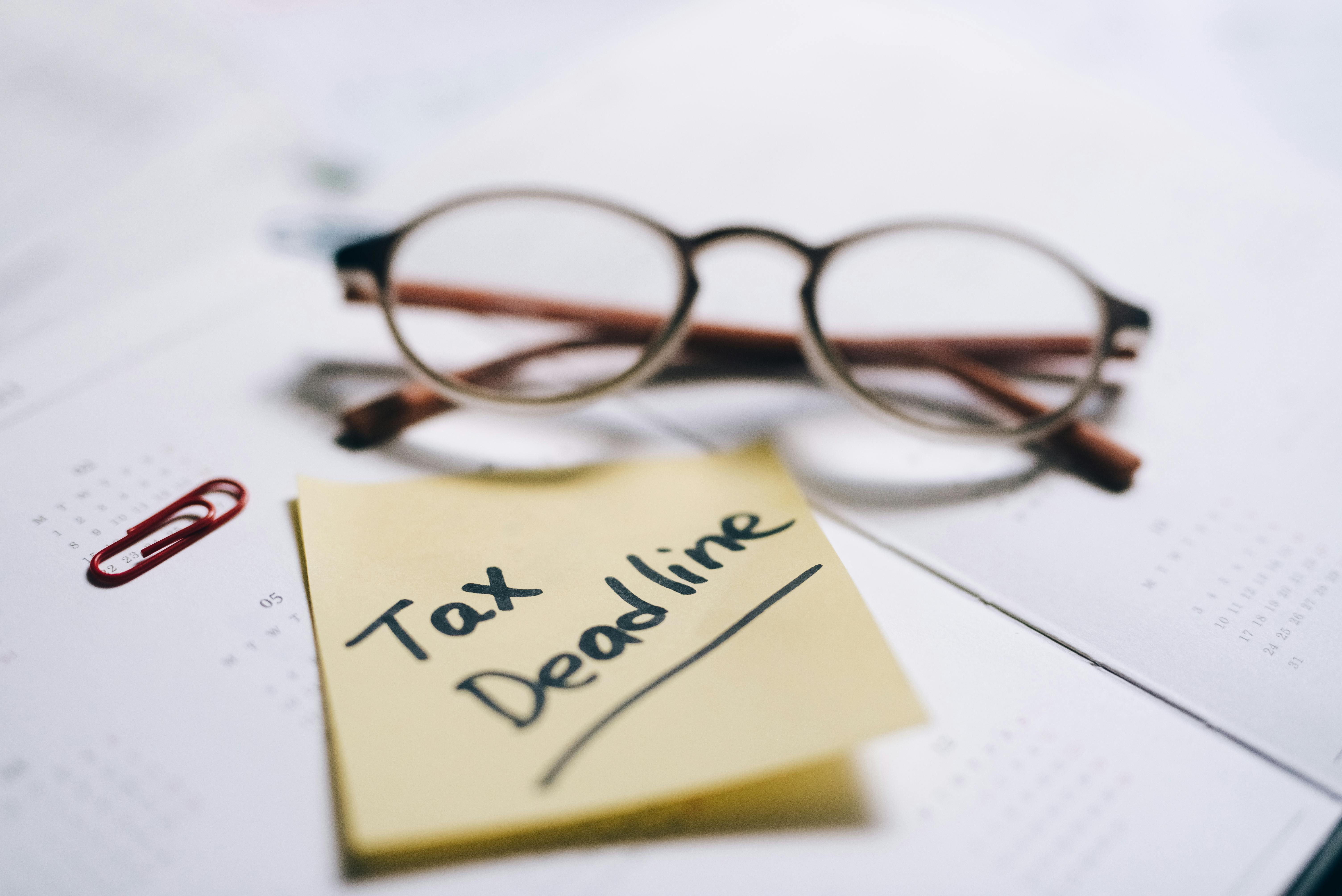Tax Time Tips for Property Investors

The new financial year is here — and that means it’s the perfect time to take stock of your investment property and make sure you’ve ticked all the right boxes for tax time.
Whether you're a seasoned investor or just getting started, it’s easy to overlook deductions or miss simple opportunities to boost your return. So, we’ve pulled together some practical tips to help you wrap up last year’s finances with confidence and make sure you're getting the most out of your property.
Know What You Can Claim
Many landlords miss out on valuable deductions simply because they're unaware of what qualifies. According to the ATO, key rental property expenses that may be tax-deductible include:
• Loan interest – The interest portion of your investment loan can be claimed, but not the principal.
• Property management fees – Your professional management fees are fully deductible.
• Maintenance and repairs – General repairs (e.g., leaking taps, broken appliances) are claimable, but improvements or renovations must be depreciated over time.
• Council rates, water charges, and insurance – These ongoing costs can add up and are usually deductible.
• Advertising for tenants, body corporate fees, and certain travel expenses – Check with your accountant for the latest ATO rulings.
A good rule of thumb: if the expense relates directly to generating rental income, it's likely to be deductible. For detailed guidance, refer to the ATO's Rental Expenses page.
Consider a Depreciation Schedule
Even if your property isn't brand new, depreciation can result in thousands of dollars in deductions each year. This includes:
• Capital works – Such as the cost of construction or renovations.
• Plant and equipment – Fixtures like air conditioners, carpets, blinds, and ovens.
The ATO notes that a qualified quantity surveyor can provide a depreciation schedule tailored to your investment, often uncovering deductions you may not be aware of. This is especially worthwhile for landlords with newer properties or those who have completed recent upgrades. Learn more about depreciating assets on the ATO's Depreciating Assets in Rental Properties page.
Stay Organised with Records
Accurate and well-organised records are key to maximising your return and avoiding headaches if you're audited. The ATO recommends:
• Keeping invoices, receipts, and contracts for all property-related expenses.
• Saving digital records in clearly labelled folders by financial year.
• Retaining communication with tenants, property managers, and contractors.
A property manager can also supply end-of-financial-year statements summarising your income and expenses, simplifying the process even further. For comprehensive information on record-keeping, visit the ATO's Keeping Rental Property Records page.
A little preparation can go a long way in reducing your tax bill and boosting your property's profitability. With professional support, you can make the most of your investment and remain compliant with all current regulations.
Need help getting your investment property EOFY-ready?
Contact our expert property management team today for personalised advice, streamlined reporting, and full-service support. Let us help you maximise your return with confidence.



